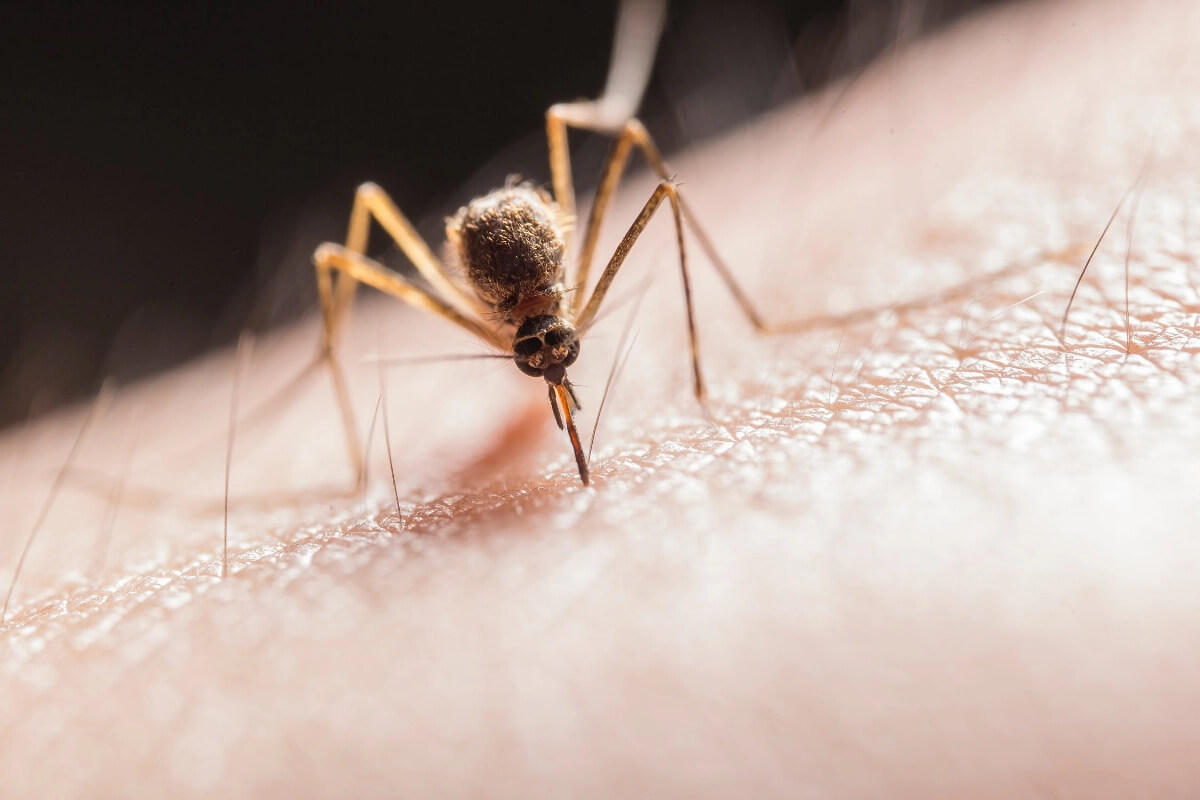Mosquito Control Repellent
Summertime fun is quickly ruined by the bite and buzz of thirsty mosquitoes. While professional mosquito control is the best way to fight back against mosquitoes that have taken over your yard, mosquito repellent is a good idea for outdoor activities you partake in away from home. Whether you’re traveling, hiking, camping or going for a stroll in the neighborhood park, it’s important to protect yourself and your family from the dangers of mosquito bites.
Although mosquitoes are dangerous, repellents are recognized as a safe, and effective way to protect oneself. That does not mean that all repellents are made the same, however! If you are searching for reliable protection, you should only use EPA registered and approved products. Products marked as “natural” and “organic” typically have not been evaluated by the EPA and are usually ineffective against mosquitoes. We’ve compiled a list of products that do and don’t work so you can make an informed purchase when it comes to mosquito repellent.
Mosquito Repellent That Doesn’t Work
Citronella
Citronella candles or tiki torches are often thought to be the perfect outdoor accessory for summer evenings and mosquito repellency. Studies have shown, however, that there is nothing particular about citronella that repels mosquitoes. While mosquitoes are deterred by the smoke emitted from the candles, any candle will have the same effect. As the radius of protection offered by these candles is very limited, they are not useful as a deterrent. A mosquito repelled by the flame of a citronella candle can easily dine on the closest human.
Wristbands
Many companies sell mosquito repellent wristbands that claim to offer full protection. Whether dipped in unknown oils or emitting a sonic tone that is meant to deter mosquitoes, the efficacy of these products is very low. If any protection is offered at all, it is only on the circumference of your wrist.
Most “Natural” Sprays
Repellents that use essential oils or other “natural” products have not been studied by the EPA and their safety is unknown. Several studies have shown that their efficacy is in fact very low. As the threat of mosquito borne disease is very real, it’s best to choose a repellent that has been deemed as effective and registered by the EPA for the best protection.
Mosquito Repellent That Does Work
DEET
A formula that most people are familiar with, DEET is a tried and tested mosquito repellent. Developed in the 1940s to protect the U.S. Army, DEET has proven to be an effective mosquito repellent for decades. Countless studies have shown that DEET is safe for humans to use when applied properly.
Picaridin
A synthetic repellent modeled after a chemical found in pepper plants, picaridin has only been available in the United States in recent years. Repellents with picaridin are proven to be as effective as DEET and safe to use.
Oil of lemon eucalyptus (OLE)
Extracted from the gum eucalyptus plant, OLE is considered the most effective natural mosquito deterrent. While it hasn’t been studied as closely as DEET and Picaridin, the EPA classifies OLE as safe for humans and effective as a mosquito repellant. Make sure to choose a product with at least 30% OLE, like Repel Lemon Eucalyptus, 30%.
If you still have questions about mosquito repellent, you can find more information on the EPA website.
While EPA registered repellents will protect you from mosquitoes on your travels, professional mosquito control is the best option for at home protection. Saela has developed a Mosquito Protection Plan that works to eliminate mosquito populations so that homeowners can enjoy their property.
